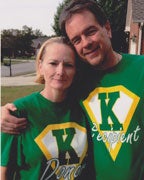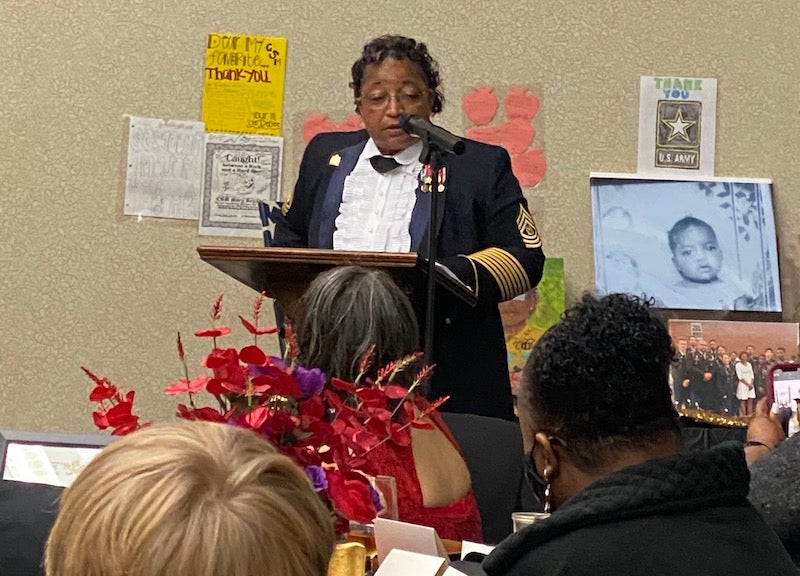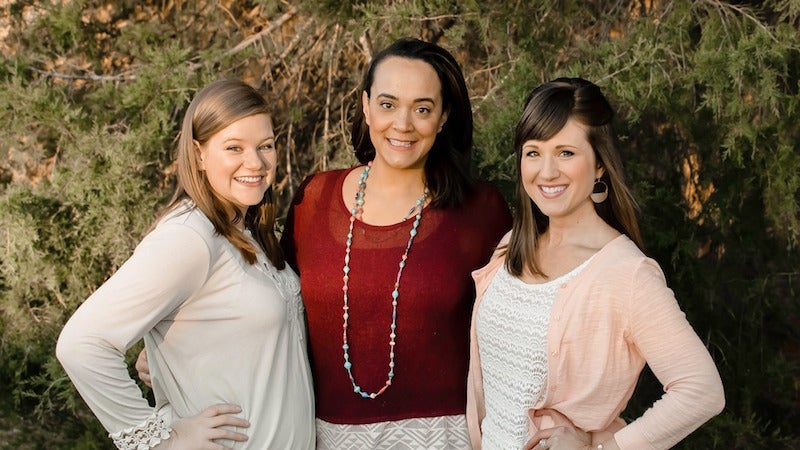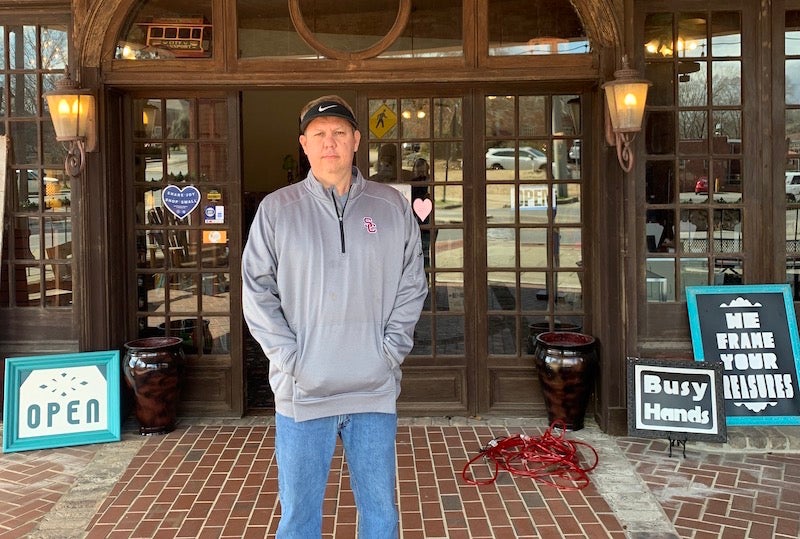The gift of a lifetime
Published 11:24 am Thursday, December 26, 2013
By MOLLIE BROWN/Community columnist
Christmas encompasses charity and selfless giving. Becoming a living organ donor is the ultimate selfless act of generosity and love. It’s no small undertaking, but Charlotte Horne gave thought to nothing more than it was the right thing to do when her husband Alan needed a kidney.
High blood pressure, which went unnoticed in Alan’s 30s, damaged his kidneys. It was five years ago, at age 53, when medical tests indicated kidney disease.
“It’s such a gradual thing. People who suffer from it don’t know they don’t feel good,” Charlotte said. “I would look at Alan while he was asleep and boohoo because his skin looked deathly gray and it killed me there wasn’t anything I could do about it.”
A year ago Alan had to begin thinking about a transplant or dialysis and what type dialysis. His nephrologist, Dr. Roman Shingarev at UAB, referred him for transplant evaluation.
“Charlotte was the first to ask to be tested for compatibility,” Alan said. “She is a universal donor because her blood type is O. They combined our tissues samples in a petri dish and if they left each other alone, we were a match. We were and our surgeries were performed September 16.”
Kidney recipients keep their own kidneys in addition to a transplant. Charlotte’s left kidney was removed and implanted on Alan’s right side. Alan takes two pills a day to thwart rejection and receives intravenous medication once a month through a drug story program. Charlotte has resumed driving her school bus and Alan has returned to his job at Cahaba Valley Animal Clinic.
“I worried for a long time and was in such a terrible state of mind before the transplant,” Charlotte said. “Only God showing his grace got us through this. We are so grateful for family, friends and our Concord Church family, who have taken care of us and prayed for us throughout the process.”
The Hornes are organ donors and encourage others to consider giving others the gift of life. Living donors receive priority should they ever need an organ. More information about kidney transplant is available at uabmedicine.org/kidneytransplant.









